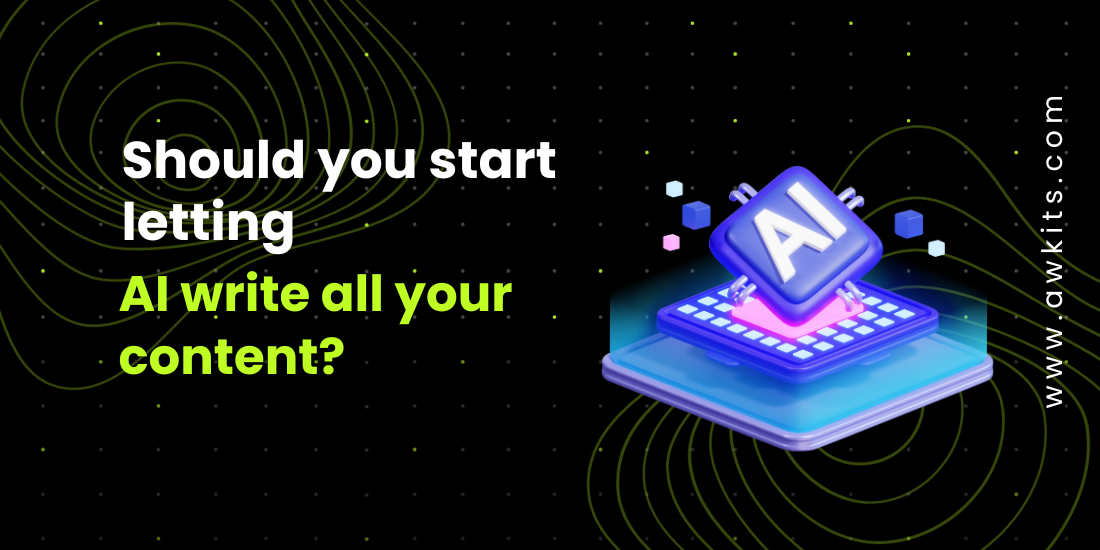The Pros of AI Writing Tools
1. Writing Efficiency and Scalability
The most apparent benefit of using AI writing tools is the remarkable speed at which content can be generated. AI can churn out articles and content significantly faster than human writers. For example, a two-page article that might take a human writer 30 minutes to an hour to complete can be done in a matter of minutes by AI. This improved efficiency translates into increased scalability for your work. It means that you can generate content at a pace that’s nearly impossible for humans alone. Other advantages of this efficiency include
- Meeting the speed-to-market requirement for trending topics.
- Tailoring language for specific products or services in different geographic regions.
- Crafting unique social media content with personalization for each platform.
2. Cost-Effectiveness
3. Sparking Ideas and Overcoming Writer's Block
The Cons of AI Writing Tools
1. Quality Concerns and Plagiarism
2. Risk of Google Algorithms Devaluing Your Content
3. Lack of E-A-T (Expertise, Authoritativeness, Trustworthiness)
4. Missing Creativity, Originality, and Nuances
AI as a Writing Assistant, not a Replacement
In conclusion, while AI content writing tools offer significant benefits, they should be viewed as writing assistants rather than complete replacements for human writers. They can assist in generating draft articles efficiently, overcoming writer’s block, and sparking ideas. However, it’s crucial not to become overly reliant on AI for content generation. Humanize your content, demonstrate expertise, and ensure it meets user expectations. Remember to proofread, edit, and humanize your content, and use AI as a valuable tool in your content creation process.

